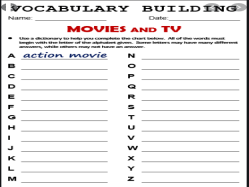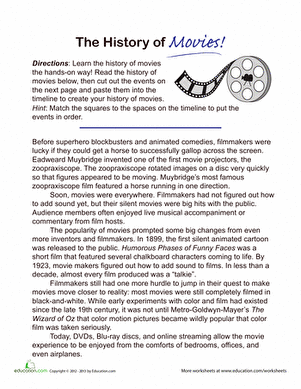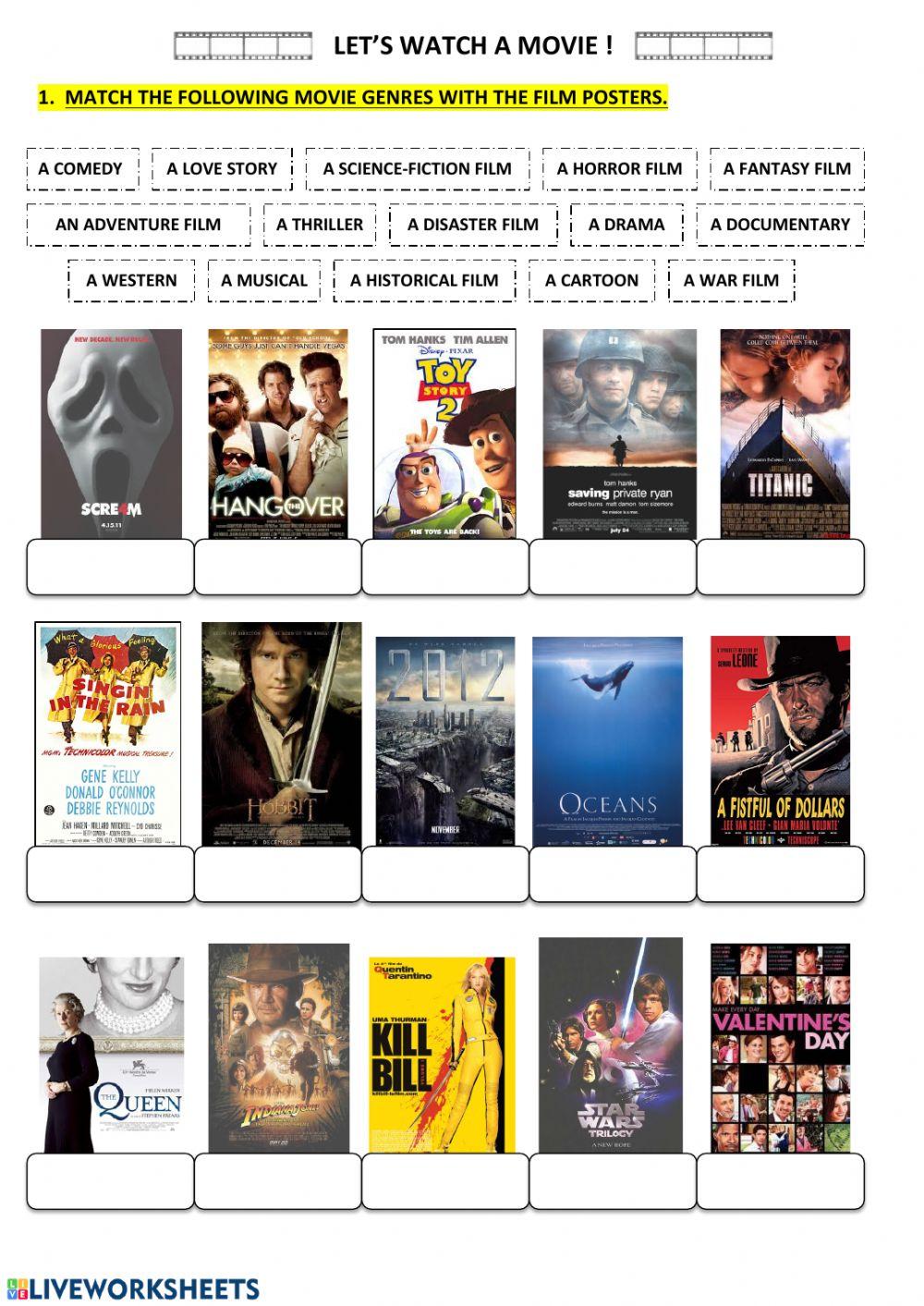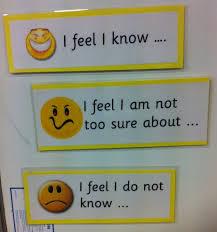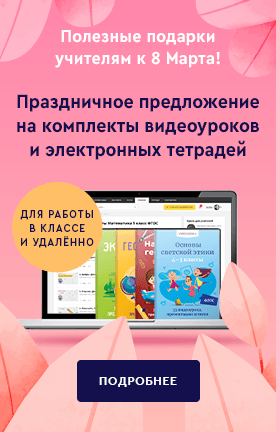данная разработка была написана учебнику English plus
Создайте Ваш сайт учителя Видеоуроки Олимпиады Вебинары для учителей
Movie technology
Вы уже знаете о суперспособностях современного учителя?
Тратить минимум сил на подготовку и проведение уроков.
Быстро и объективно проверять знания учащихся.
Сделать изучение нового материала максимально понятным.
Избавить себя от подбора заданий и их проверки после уроков.
Наладить дисциплину на своих уроках.
Получить возможность работать творчески.
Просмотр содержимого документа
«Movie technology»
Полезное для учителя
Распродажа видеоуроков!
1600 руб.
2660 руб.
1660 руб.
2770 руб.
1850 руб.
3080 руб.
1690 руб.
2820 руб.
ПОЛУЧИТЕ СВИДЕТЕЛЬСТВО МГНОВЕННО
* Свидетельство о публикации выдается БЕСПЛАТНО, СРАЗУ же после добавления Вами Вашей работы на сайт
Удобный поиск материалов для учителей
Проверка свидетельства
